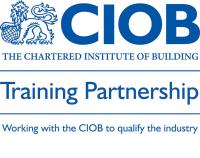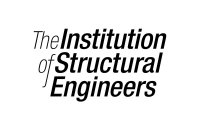Overview:
Building Information Modelling (BIM) is the buzz phrase within the construction industry, yet many people do not understand what BIM is. BIM is the virtual design construction and then the management of building and civil engineering projects, enabling all participants within this construction cycle to work in a collaborative way. In the UK, where change within the construction industry is very conservative, BIM has been very slow to take. As a consequence the UK government is strongly encouraging the industry to adopt BIM, by putting in markers and milestones over the next few years. This means that if an organisation has not adopted it by 2016 at the latest, they will be unable to tender for any construction-related design work within the public domain. Therefore, all organisations associated with this industry must take steps to educate their staff and then change the way they work, in order to be prepared for the future.
Aims & Objectives:
- Explain what BIM is and what it is not
- To say why their company should use BIM
- To be able to give some examples of where BIM could be applied to their business
- Discuss the pros and cons of using BIM
- Talk with confidence about future applications of BIM and potential developments
To be conversant with what BIM is, means and understand how it will affect their business.
Course Outline:
- Background to BIM – where it has come from
- What is BIM? And what is it not?
- How can BIM be applied in a civil engineering context?
- Who is using BIM?
- Who should be using BIM?
- What are the pros and cons of using a BIM process?
- Potential cost, time and resource savings
- BIM as an aid to sustainability
- Barriers to using BIM and how they can be overcome
- The future of BIM
- Questions and discussion
Mode of Delivery:
Delivery will be through a power point presentation and some group discussions.
Benefits of Attending:
- Understand how BIM will change the industry and why it needs to.
- Be able to start the dialogue required to start the change process within their company.
Intended For:
Directors, senior managers and decision makers within organisations in the Architectural, Engineering and Construction Industries.
Pre-Course Requirements:
n/a








